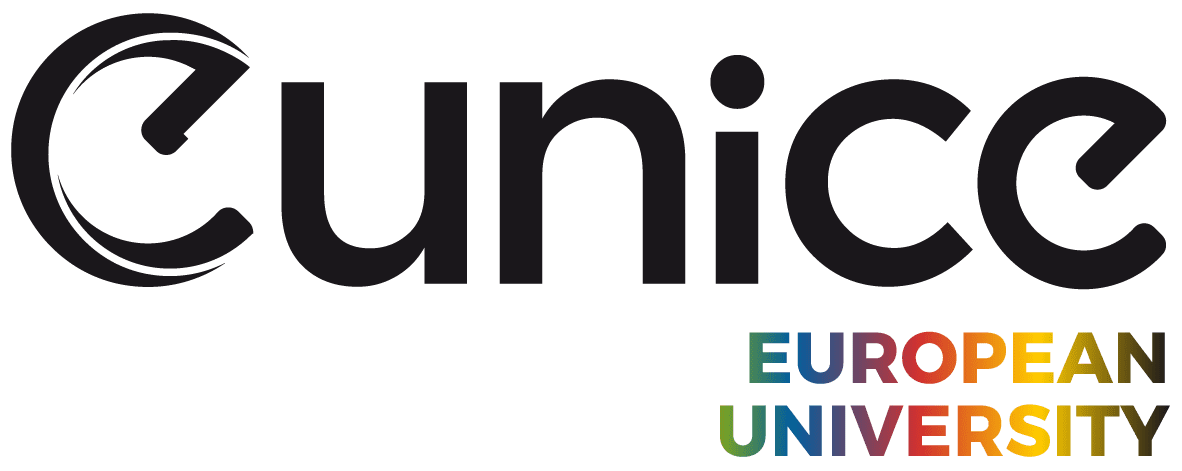
Full Paper Submission deadline: 15 August 2023
Notification deadline: 30 August 2023
Camera-ready deadline: 10 September 2023
Start of Conference: 4 October 2023
End of Conference: 6 October 2023
The conference on “Intelligent Collaborative Computing for the Changing World”, from 4th to 6th October 2023, will be held as an on-site conference. If needed, Accepted Authors who are unable to attend the event in person will be given an option to present remotely.
Location: Corfu Island, Greece or remote
Are you interested?
Please submit your proposal of approximately 16-20 pages of length by the 15th of August 2023 online:
What is the conference about?
Throughout the years 2020, 2021 and 2022, people around the world have witnessed the spreading of Covid-19 pandemic and the life losses at every corner of the world. The pandemic has changed the way people work, live and socialize with friends and family members. In order to support the change, new technologies and facilities are required to facilities people’s needs, including how collaborative computing is designed and implemented. The theme of this year’s conference is “Intelligent Collaborative Computing for the Changing World”. New technologies, particularly non-contact communication, networking and work sharing technologies are encouraged to be investigated and disseminated in the academic and industry sectors. This would allow the professionals and industry to provide new solutions to support medical care, smart manufacturing, intelligent logistics, legal sharing of data, and wisely use of unmanned vehicles to deliver the services to the points of needs. The 19th International Conference on Collaborative Computing (CollaborateCom 2023) will be held in Corfu, Greece, and will continue to serve as a premier international forum for discussion among academic and industrial researchers, practitioners, and students interested in collaborative networking, technology and systems, and applications. Welcome to CollaborateCom 2023 Corfu, Greece!
Topics of discussion
Possible topics might include:
We welcome contributions from the following fields:
- Architectures, protocols, and enabling technologies for collaborative computing networks and systems
- Collaboration in social media
- Collaborative e-education, e-learning, and collaborative computing in large-scale digital libraries
- Collaborative information seeking
- Collaborative mobile networks and infrastructures
- Collaborative technologies for fast creation and deployment of new mobile services
- Collaborative, context-aware infrastructure
- Computer-supported collaborative work with distributed systems
- Energy management for collaborative networks
- Methodologies and tools for design and analysis of collaborative user applications
- Models and mechanisms for real-time collaboration
- Peer-to-peer and overlay networks, systems, and applications
- Simulation, performance evaluation, experiments, and case studies of collaborative networks and applications
- Software design, testing, and experimentation technology for collaborative networking and applications
- Theoretical foundations and algorithms for collaborative networks, applications, and work-sharing
- Tools for collaborative decision-making processes
- Visualization techniques, interaction devices and visual languages for collaborative networks and applications
Publication:
All registered papers will be submitted for publishing by Springer and made available through SpringerLink Digital Library.
Proceedings will be submitted for inclusion in leading indexing services, such as Web of Science, Compendex, Scopus, DBLP, EU Digital Library, IO-Port, MatchSciNet, Inspec and Zentralblatt MATH.
Additional publication opportunities:
- EAI Transactions series (Open Access)
- EAI/Springer Innovations in Communications and Computing Book Series
(titles in this series are indexed in Ei Compendex, Web of Science & Scopus)
Paper submission:
Papers should be submitted through EAI ‘Confy+‘ system, and have to comply with the Springer format (see Author’s kit section).
- Regular papers should be up to 16-20 pages in length. – Springer
All conference papers undergo a thorough peer review process prior to the final decision and publication. This process is facilitated by experts in the Technical Program Committee during a dedicated conference period. Standard peer review is enhanced by EAI Community Review which allows EAI members to bid to review specific papers. All review assignments are ultimately decided by the responsible Technical Program Committee Members while the Technical Program Committee Chair is responsible for the final acceptance selection. You can learn more about Community Review here.
About EAI:
This event is organized by EAI.
EAI – European Alliance for Innovation is a non-profit organization and a professional community established in cooperation with the European Commission to empower the global research and innovation, and to promote cooperation between European and International ICT communities.
EAI’s vision is to foster excellence in research and innovation on the principles of transparency, objectivity, equality, and openness. Our guiding principle is community cooperation to create better research, provide fair recognition of excellence and transform best ideas into commercial value proposition.
EAI‘s mission is to create an environment that rewards excellence transparently, and builds recognition objectively regardless of age, economic status or country of origin, where no membership fees or closed door committees stand in the way of your research career.
Through these shared values, EAI leads the way toward advancing the world of research and innovation, empowering individuals and institutions for the good of society to fully benefit from the digital revolution.

